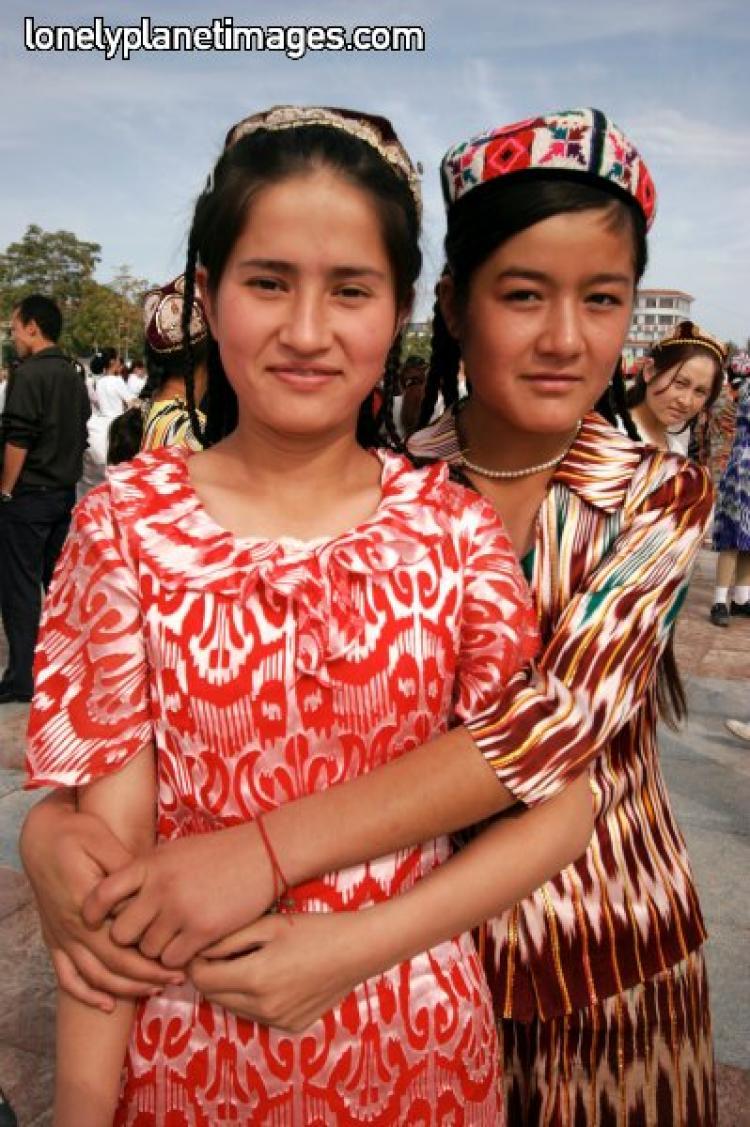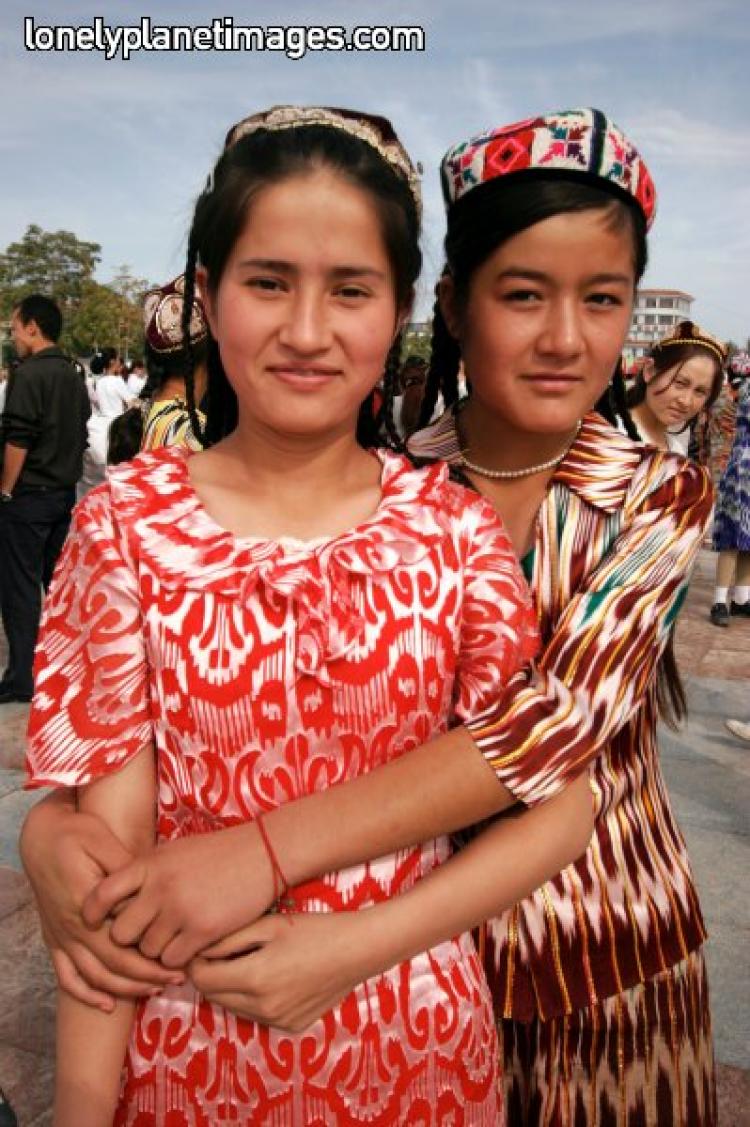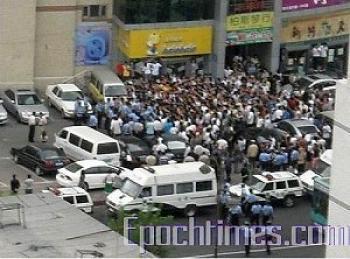Last month, the Chinese Communist regime initiated a series of political movements in the Xinjiang Uyghur Autonomous Region under the title of “Protecting social stability and unity between the ethnic groups.” These campaigns include: burning the Uyghur’s’ traditional women’s clothing and Muslim religious books, closing study places for the Koran and detaining or economically punishing those who participate in or organize any groups to study the Koran. Even having a long beard became a reason for economic punishment.
According to the spokesperson for the World Uyghur Congress, Mr. Dilshat Rishit, the Chinese Communist regime burned 534 Uyghur women’s scarves, 142 sets of clothing, 104 sets of veils and 600 plus Muslim books. Three study places of the Koran were shut down and 7 Uyghur citizens were detained. Others who participated in or organized Koranic study groups were required to sign documents promising not to participate in any more activities and also suffered various degrees of punishment. A total of 64 people suffered economic punishment, 22 of them due to having long beards.
Traditional Items Publicly Burned
In Kuche county, authorities held a public assembly forcing Uyghur teens and women to watch the burning of Muslim books and traditional clothing and other items. The regime also requires Uyghur people to stay away from religious activities. In the town of Allahge, Uyghur people were forced to participate in a large scale signature-gathering event titled “Defending against illegal religious activities, establishing harmony.” The regime also initiated large- scale search activities in this county with the slogan, “No house missed, no person missed, check every building, every room.”
Mr. Dilshat Rishit said, “The Chinese Communist regime’s current political movement in the Kuche region of destroying ethnic items and religious publications is depriving the Uyghur people of their religious freedom; Even the traditional clothing was burned.” He expressed sorrow that such totalitarian politics and such total disregard for the dignity of the Uyghur people have “already caused enormous resentment in the local Uyghur people and he is worried that a large scale uprising will happen.
Dr. Wang Juntao, Ph.D. in Political Science from Columbia University talked with Radio Free Asia about the incident. He said that since Zhang Chunxian became the new Party Chief of the Xinjiang Uyghur Autonomous Region, the regime has applied pacifying economic development policies but still continues to mercilessly strike down on so-called “terrorist, separatist and other unstable elements.” He said that Beijing “is trying to create better living standards to soften the locals’ hostile attitude toward the regime, but if these policies are purely based on economic development and, due to their lack of a comprehensive appeal, continue to foment opposition or force the local people to accept Han culture, then the hostility could grow deeper.”
The Official Xinjiang website reported on these political movements as being special action meetings on the elimination and correction of “illegal propaganda items” and a large-scale elimination of “propaganda items that cause ethnic separation and related illegal religious publications.” The website required the younger generation to “stay away from illegal religious activities, never wear bizarre dress and firmly support the Party’s ethnic and religious policy.”
Read the original Chinese article.




